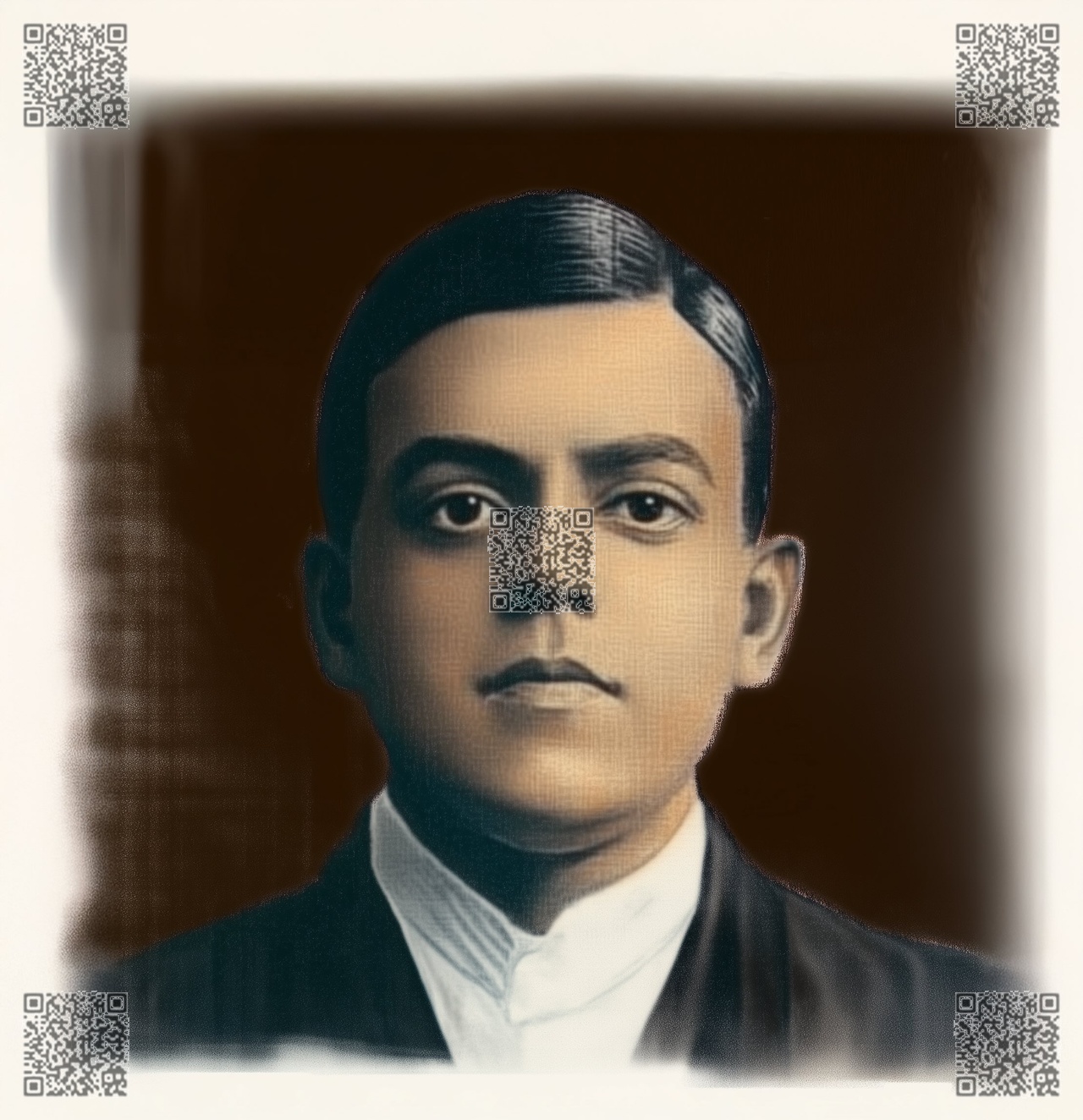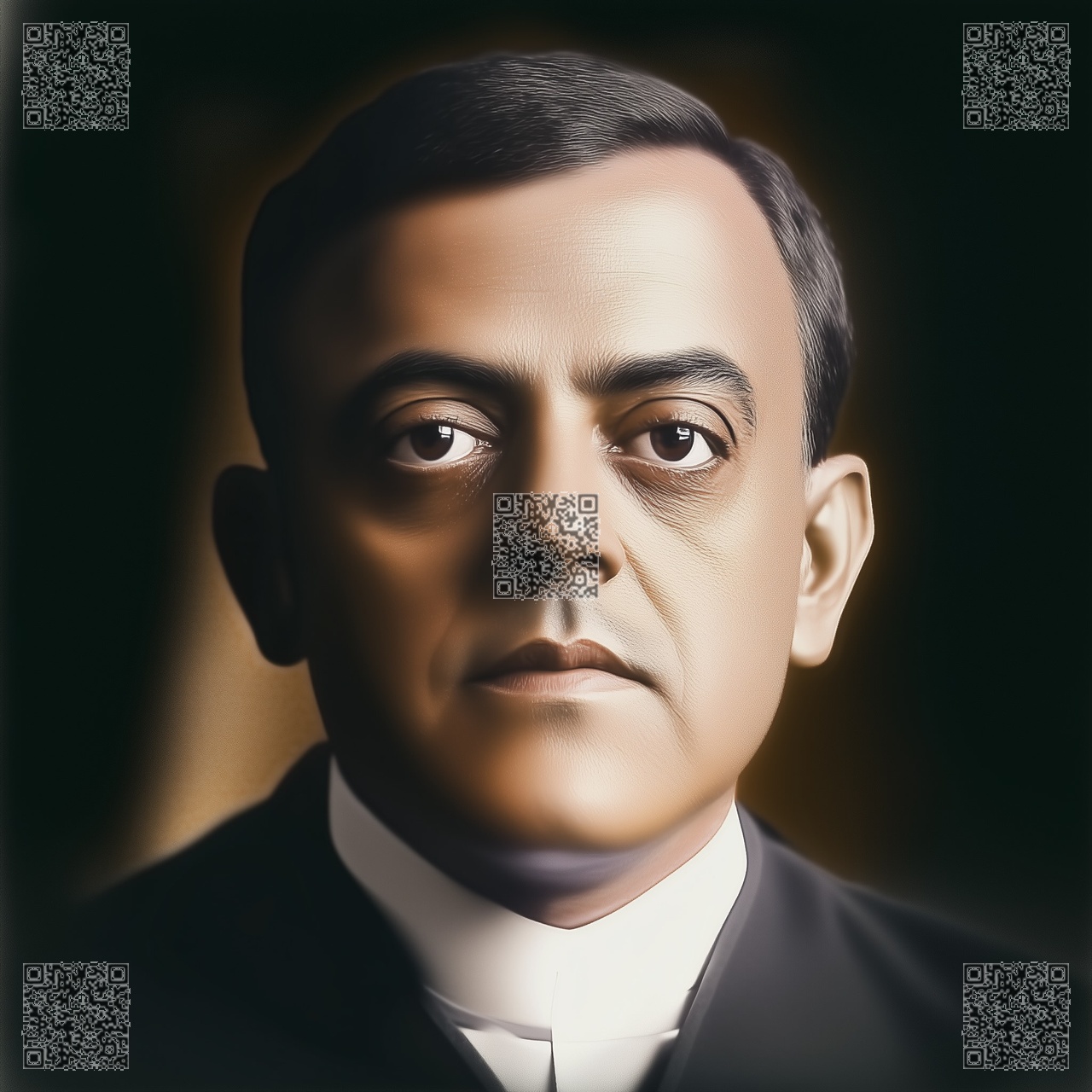(Diwan Rajagopalachari was NOT a member of the Alummoottil Family. However, he enjoyed very close ties with our family, and has significantly influenced our family history)
P. Rajagopalachari and Kochu Kunju Channar forged an extraordinary partnership that intertwined politics, commerce, and personal camaraderie. Unlike his predecessor Gopalachari, whose reformist zeal often clashed with traditionalist ideals, Rajagopalachari found his pragmatic approach aligning seamlessly with Channar’s worldview.

Their first meeting occurred during a trade negotiation in Alappuzha, where Rajagopalachari was struck by Channar’s mastery of spice trading and deep understanding of local economies.

Their bond grew when they discovered a shared belief in economic empowerment as a path to progress. Channar invited Rajagopalachari to Alummoottil Meda, where the two devised a bold plan to revolutionize the spice trade. This partnership marked the beginning of a lucrative export venture aimed at connecting Travancore’s spices directly to European markets. Together, they bypassed exploitative intermediaries, working with British trading houses to ensure better profits for local farmers.

Their collaboration extended beyond business. At a political rally in Kayamkulam, when Rajagopalachari faced opposition for critiquing regressive taxes, Channar stepped in to calm the crowd and pledged support to distressed farmers. Their shared pragmatism was evident in another daring move: smuggling reformist literature and critical correspondence hidden within spice shipments, cleverly evading colonial authorities.

Unlike the ideological friction of the past, Rajagopalachari and Channar’s partnership was built on mutual respect and shared goals. Over countless evenings at Alummoottil Meda, sipping cardamom tea from their plantations, they envisioned a future where commerce and politics could work hand in hand, leaving a lasting legacy on Travancore’s history.



